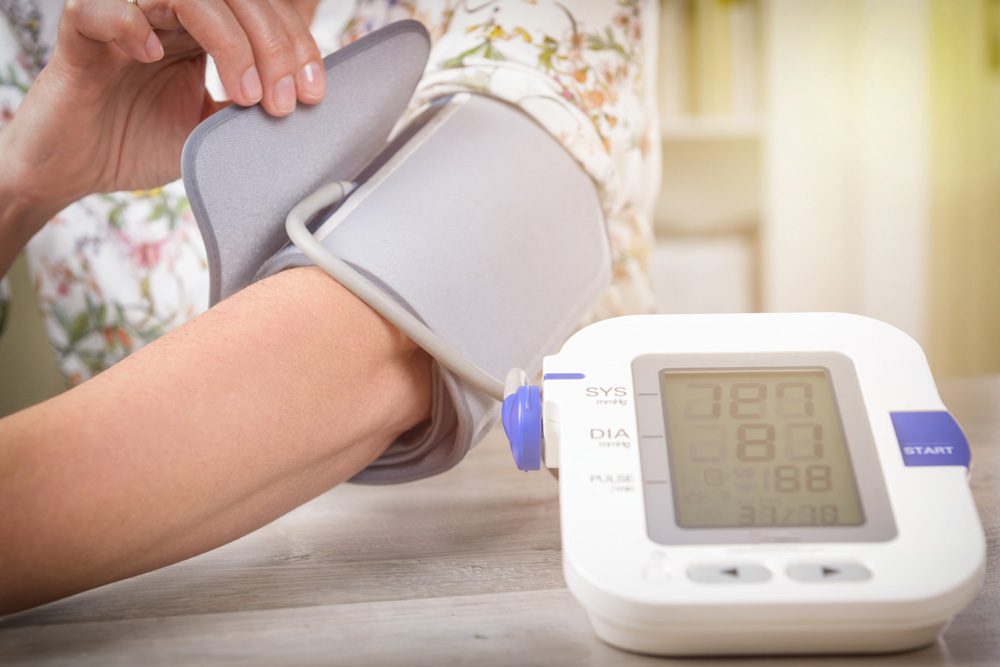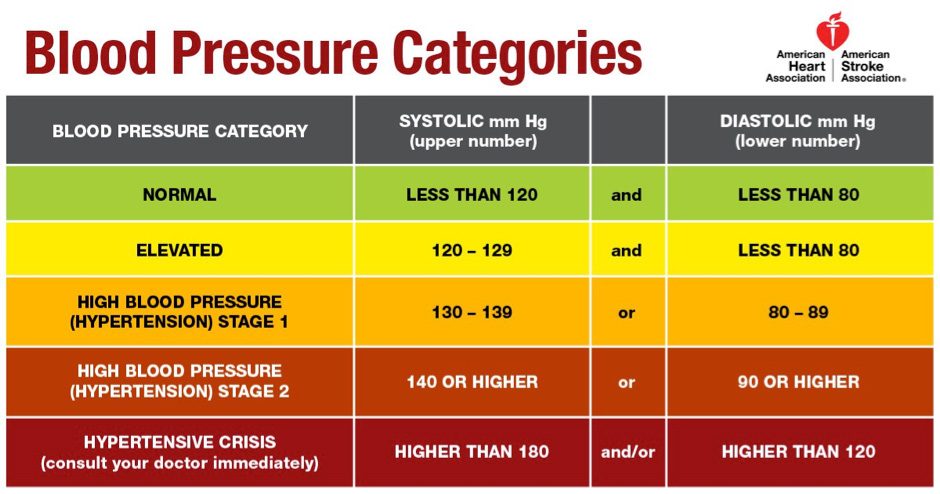Blood Pressure: Know the Facts

May is National High Blood Pressure Education Month, as announced by the Centers for Disease Control and Prevention (CDC).
At Physicians Premier, your Portland, Texas emergency room, we are focusing our attention to the prevention and education of high blood pressure in the Portland community.
Here are some facts that you should know about high blood pressure.
What is blood pressure?
Your heart transports nutrients and oxygen through your arteries every time it beats. This movement causes your blood to push against the sides of the blood vessels. The force, or strength of pushing is your blood pressure.
The pressure may fall and rise throughout the day, but if it becomes too high, it can put additional strain in your heart and arteries and might lead to a stroke or a heart attack.
How can you tell if you have high blood pressure?
Having hypertension, or high blood pressure might go unnoticed. The symptoms might be subtle to none. Hence, it’s important to have it checked. The reading consists of 2 numbers, which represent your diastolic and systolic blood pressures.
Blood pressure is measured in mmHg, or millimeters of mercury. For instance, if your reading is 110/80mmHg, your blood pressure is ‘110 over 80.’
- Systolic blood pressure – is the 1st number, and refers to the pressure when your heart pushes blood throughout your body.
- Diastolic blood pressure – is the 2nd number, and refers to the pressure when your heart relaxes between beats.

Preventing high blood pressure
At Physicians Premier, your Portland, Texas emergency room, we believe that prevention is the best policy. It is important to keep your blood pressure as low as you can, as your risk of health problems go high the higher your blood pressure gets. Here are some tips to help reduce your risk of high blood pressure:
- Exercise on a regular basis
- Maintain a healthy weight
- Reduce your salt consumption
- Eat a balanced diet
- Quit smoking
- Limit your alcohol intake
- Reduce stress
- Cut back on caffeine
- Let your doctor know if your blood pressure is higher than the normal
- Monitor your blood pressure regularly
What to do if your blood pressure rises
A hypertensive crisis happens when your blood pressure rises with readings of 180/120 or higher. If you experience symptoms like shortness of breath, chest pain, changes in vision, numbness, difficulties speaking, or weakness, you are experiencing a hypertensive emergency. Go to your nearest Physicians Premier facility for emergency medical help. Our board certified doctors and staff are trained to save lives and work under pressure.


